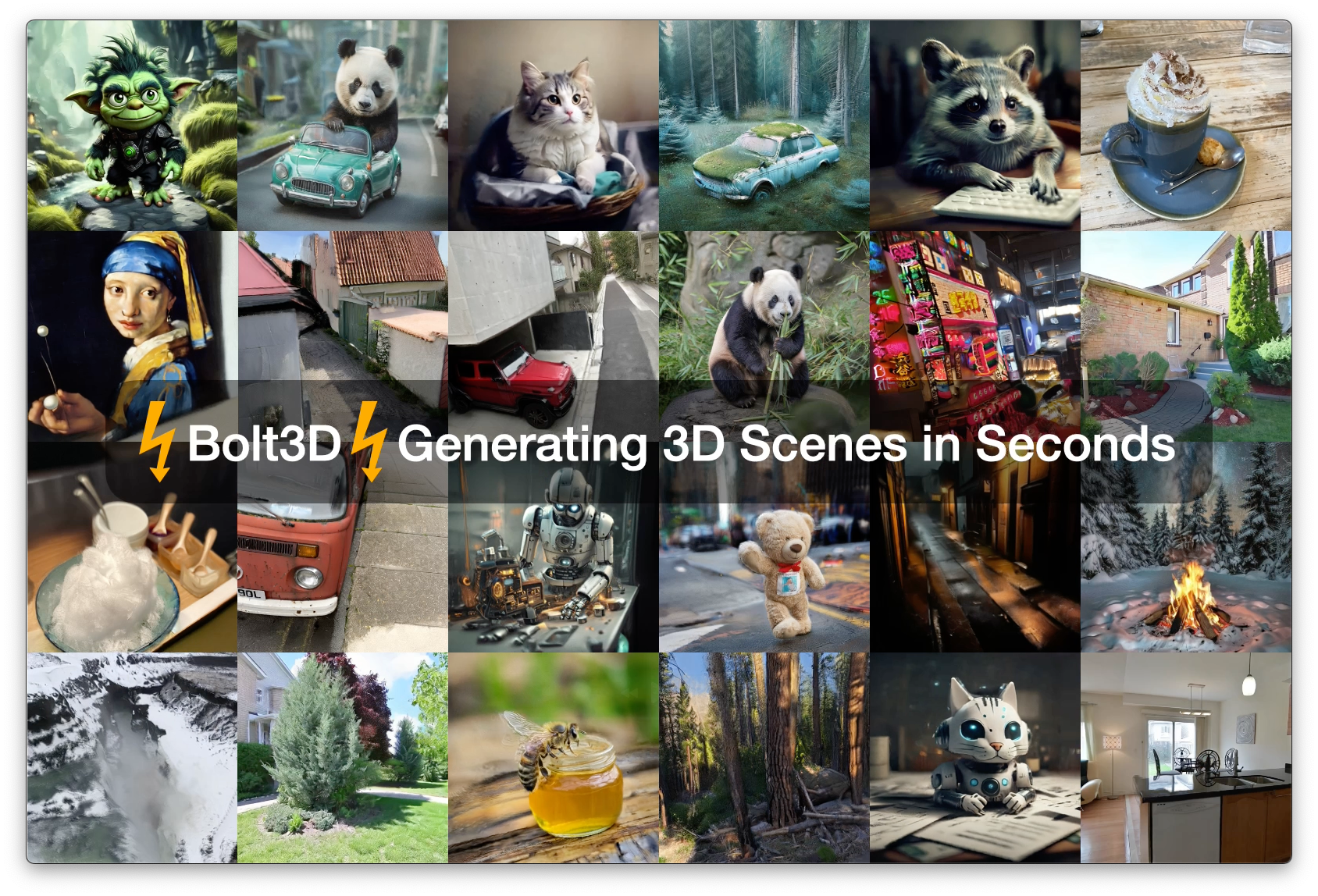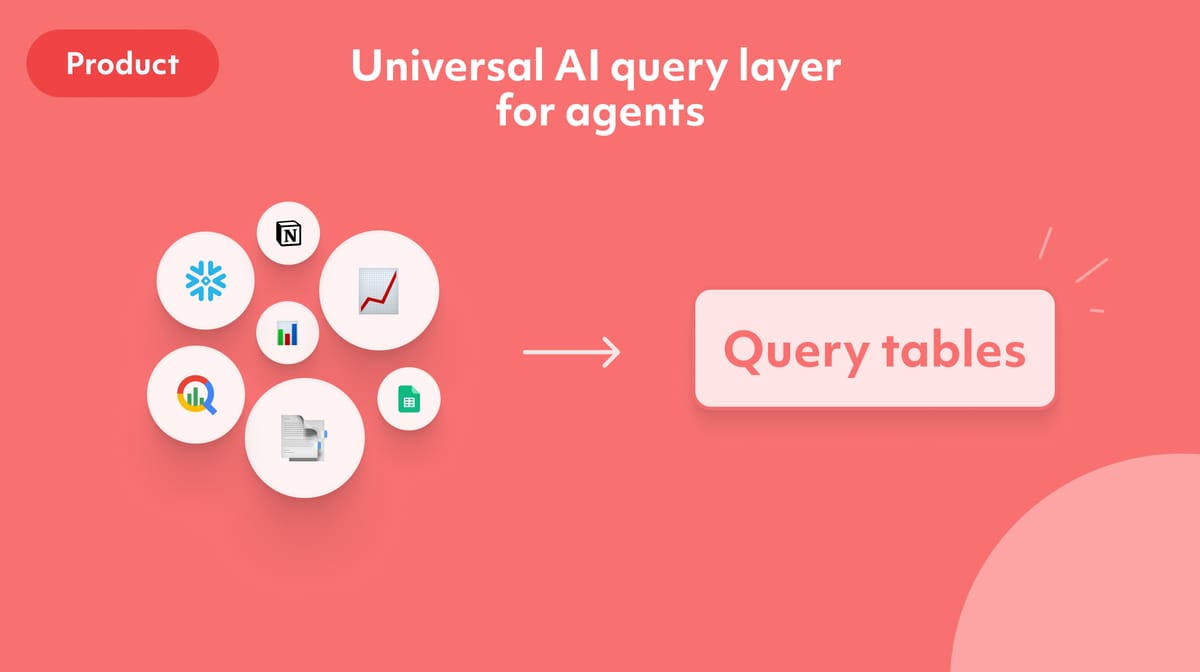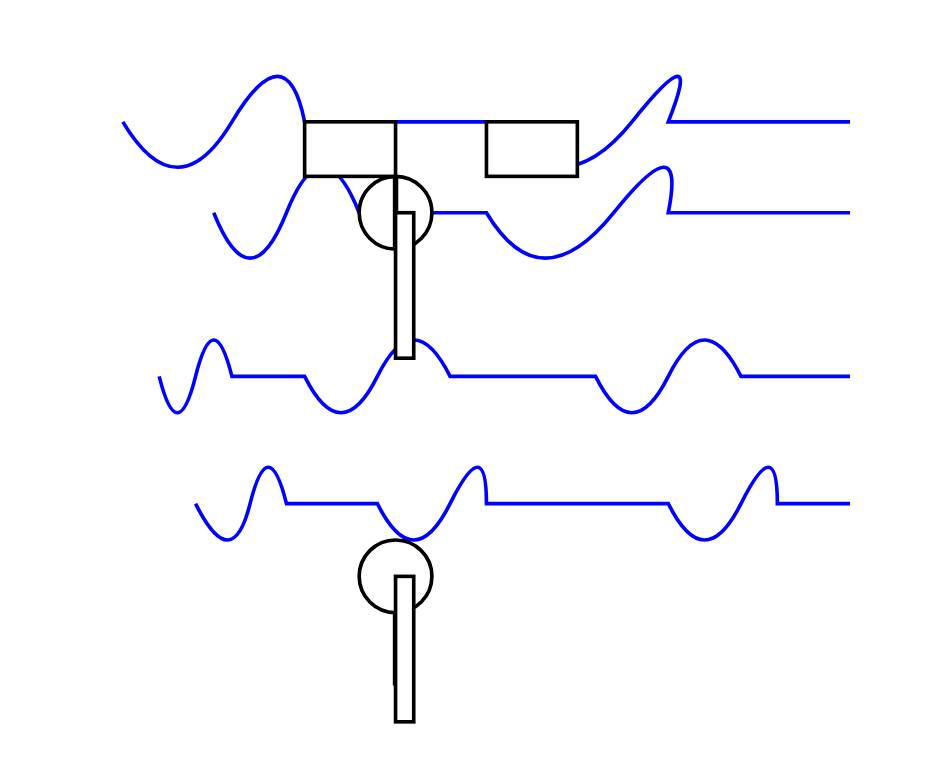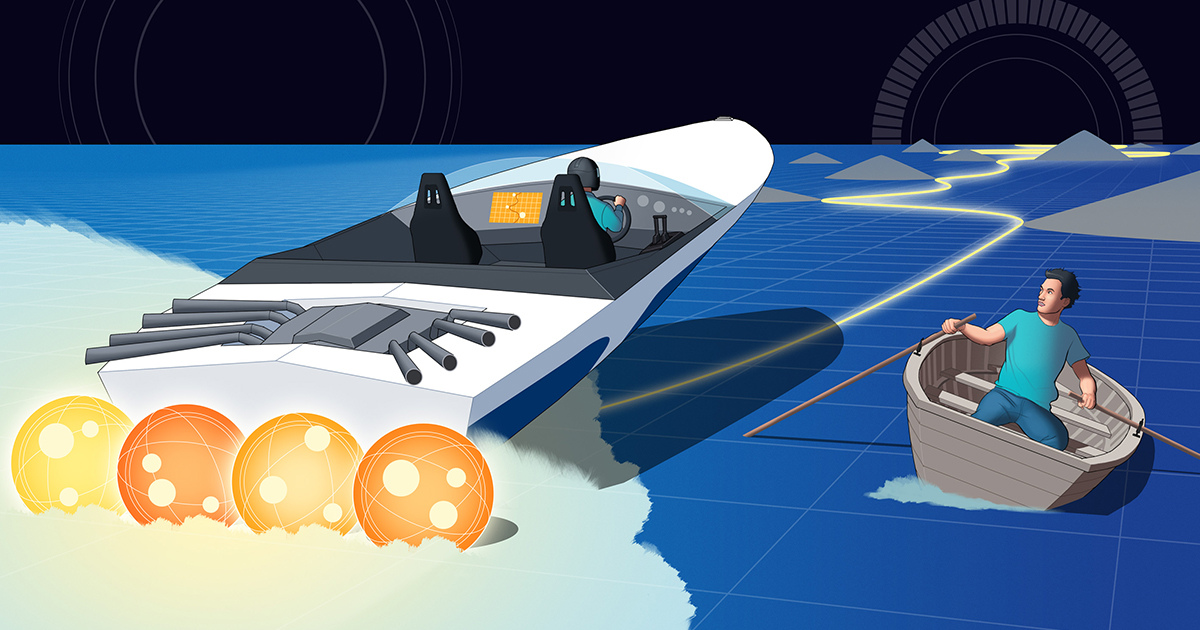The Limits of Scaling in AI: Is Brute Force Reaching Its End?

A survey of 475 AI researchers reveals that simply scaling up current AI approaches is unlikely to lead to Artificial General Intelligence (AGI). Despite massive investments in data centers by tech giants, diminishing returns are evident. OpenAI's latest GPT model shows limited improvement, while DeepSeek demonstrates comparable AI performance at a fraction of the cost and energy consumption. This suggests that cheaper, more efficient methods, such as OpenAI's test-time compute and DeepSeek's 'mixture of experts' approach, are the future. However, large companies continue to favor brute-force scaling, leaving smaller startups to explore more economical alternatives.




















